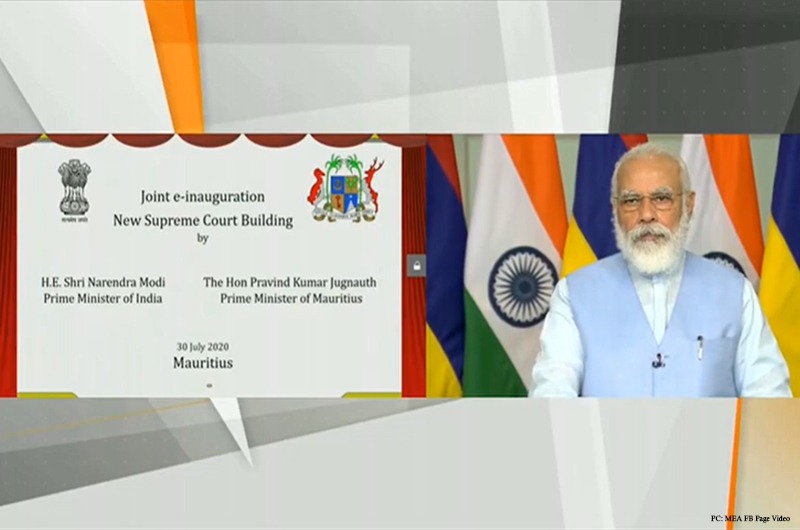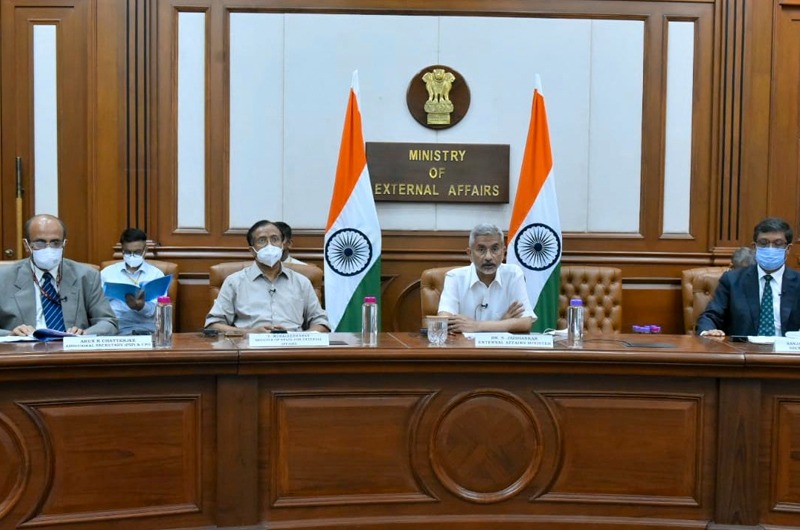A deadly Nipah Virus (NiV) has made its third worldwide appearance in Kerala, India this time between the 5th and 19th of May. Two outbreaks had earlier been identified in Malaysia in 1998 and in Bangladesh in 2004. The virus has claimed approximately 13 lives so far in Kozhikode, Kerala.
People with symptoms of fever and headaches are rushing to hospitals in fear of having caught the virus. The outbreak and the panic led to the central government sending a team of experts to monitor the situation and control further spread of the infection. The experts have been called upon from the Pune-based National Institute of virology. On Sunday, they confirmed the three members of the Moosa family, the first victims of the virus in the state, as dead. The fourth member of the Moosa family is battling for their life currently with ventilator support. It has been Nurse Lini from EMS Cooperative Hospital in Perambara, who had been treating the family, was also infected, and has been noted as the fourth death in the region because of the virus.
The bats living in the Moosa family’s courtyard well have been identified as the source of the outbreak in the family. The well has now been sealed along with many others in the neighborhood that are being cleaned and made bat-free by the animal husbandry department and forest officials in the state.
The Nipah Virus is mostly hosted by the fruit bats of the Pteropodidae Family– Pteropus genus. The virus spreads in humans if they consume bat-infected fruit or date-palm sap. Human-to-human transmission through bodily fluids, even though rare, is also a possibility.
According to state health officials, currently at least six other people are in critical condition and another 20 are under observation. Three more nurses who had been treating the patients at the EMS hospital are being kept under observation in the Kozhikode Medical College, after they complained of developing some of the symptoms.
To contain the infection, the relatives and loved ones of the dead have been told to stay away from the deceased, not come to the hospital, and let the bodies be electorally cremated by health officials. The virus has to be treated in isolation and thus, to contain the outbreak, the entire region’s population has been advised to not travel or come in contact with any other non-infected humans.
NiV can also cause disease in pigs and other domestic animals. No vaccine has been found for either humans or animals so far. The primary treatment for human cases is intensive supportive care.









